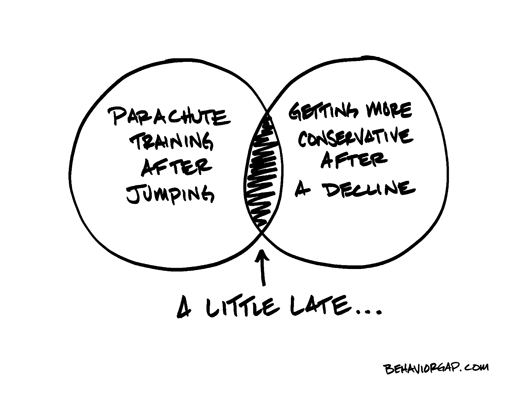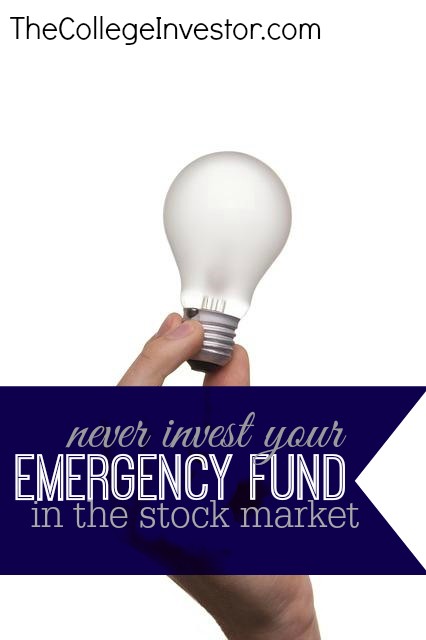Should You Invest Your Emergency Fund
Post on: 11 Июль, 2015 No Comment

About
Financial emergencies always seem to strike at the worst possible time. Keeping a stash of ready cash to help you weather financial storms can make it a lot easier to get out of a money bind without having to resort to payday loans and other costly lenders of last resort.
It can take quite a while to get there if you follow the advice of many financial experts and aim to set aside an emergency fund that’s big enough to pay three to six months’ worth of living expenses. With most bank savings accounts paying just fractions of a percent in interest. the question many people ask is whether it makes more sense to invest your rainy-day fund in something that will provide a higher return.
The Cash Stash Dilemma
The major problem that most households have in setting up an emergency fund is in finding spare money to save in the first place. But even once you get past that hurdle, another issue comes from the fact that most people have don’t have nearly enough money in their long-term investment portfolios.
With so many competing demands on your money — from everyday expenses to long-range goals like buying a house or paying for your kids’ college education — keeping thousands of dollars in an insured bank account that doesn’t pay any significant return on your money represents a major waste of financial potential.
You need your money to do double duty. But can you achieve the goals of having a secure emergency cash stash while scoring better returns from more promising investments?
Beating Low Returns
To answer that question, you have to take a close look at the reason you have your rainy-day fund in the first place.
In general, there are two different types of financial emergencies that come up, and the choices you have about what to do with the money you set aside for each type of emergency are different.
Unexpected expenses: On one hand, truly unexpected expenses demand quick attention. When your furnace or air conditioner breaks, putting off the repair for months usually isn’t an option. When the auto mechanic tells you it’s going to be hundreds or thousands of dollars to get your car going again, postponing for long is rarely an option: Most people can’t afford the disruption to their daily lives of not having a vehicle, especially when it comes to getting to work.
Having enough spare cash to handle those types of emergency is extremely valuable. Although having a credit card whose balance you pay off every month can buy you a few weeks of extra time to gather funds, in general, you want that portion of your rainy-day money instantly available to get things taken care of immediately.

What ifs with warning: If you’re fortunate enough to have a larger contingency fund set aside in case of something like a job loss, temporary layoff, or an unexpected injury that takes away your ability to work, then keeping a cash cushion equivalent to three to six months’ worth of your expenses in a savings account isn’t as necessary. Typically, you’ll have at least some warning that trouble at work may be coming, giving you time to move money around before you need your entire emergency fund.
For whatever portion of your cash stash you won’t need immediate access to, consider investments that provide higher returns. Bonds and bank CDs can offer higher interest rates than savings accounts, although their rates, too, are fairly depressed. Many dividend-paying stocks provide higher amounts of income than you can get from most income-paying alternatives. Of course, with stocks, a market downturn can cause substantial losses, and even with bonds and bank CDs, you can lose money or have to pay penalties if you end up needing to sell them in an emergency situation.
Make Your Money Work Harder
In order to keep your emergency cash stash truly available for emergencies, you’ll want to make sure you keep at least some of your money in a savings account, despite their low interest rates. But the closer you get to your emergency fund goal, the more sense it makes to let some of that cash do double duty.
3-year average
Revenue Growth: 25%














